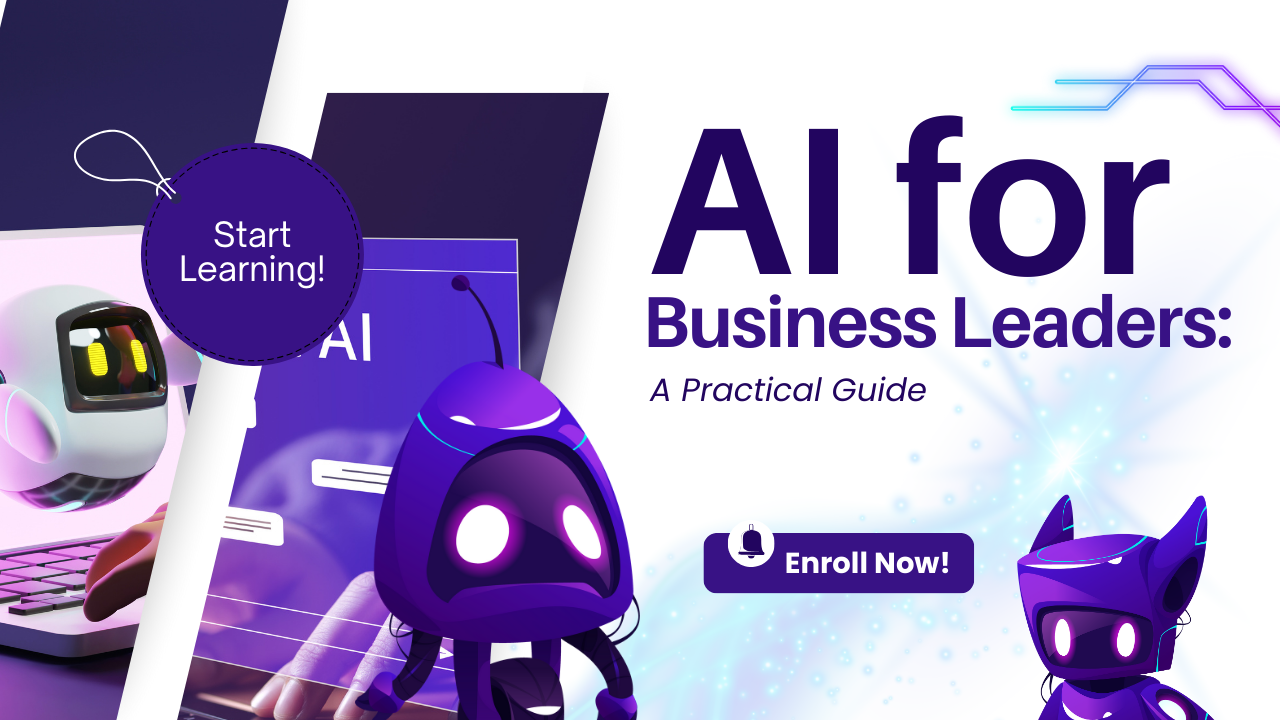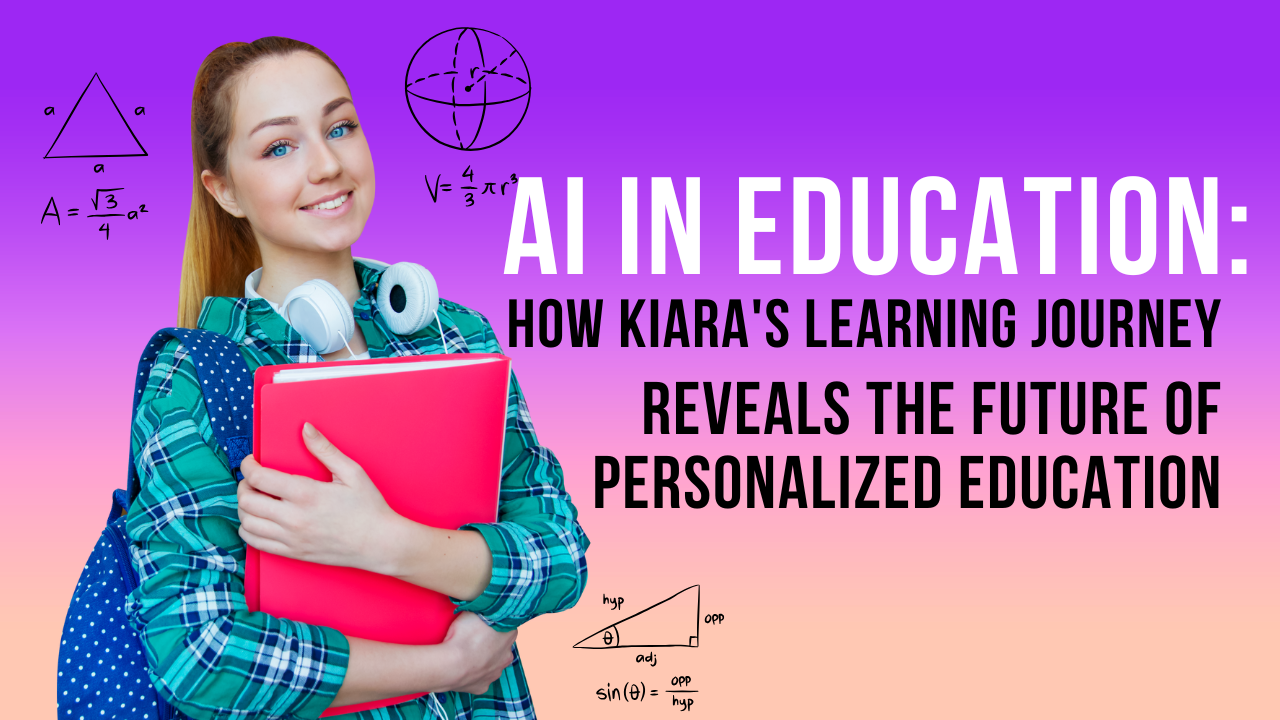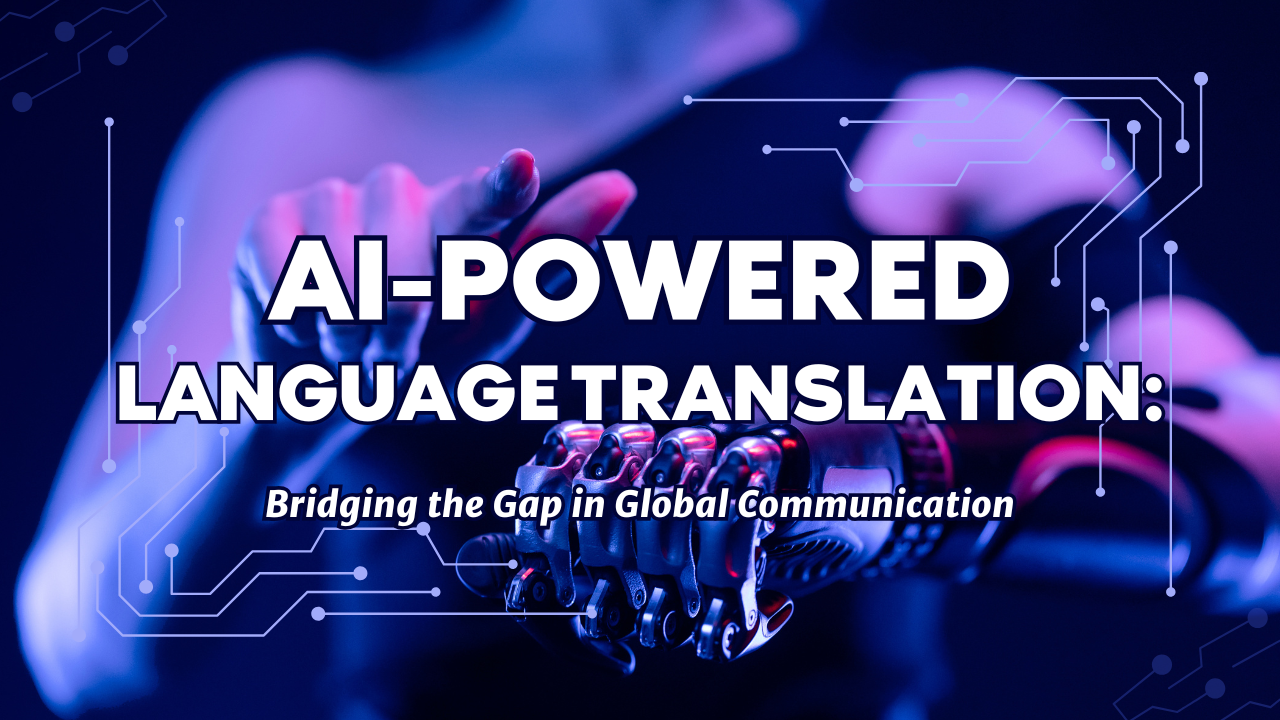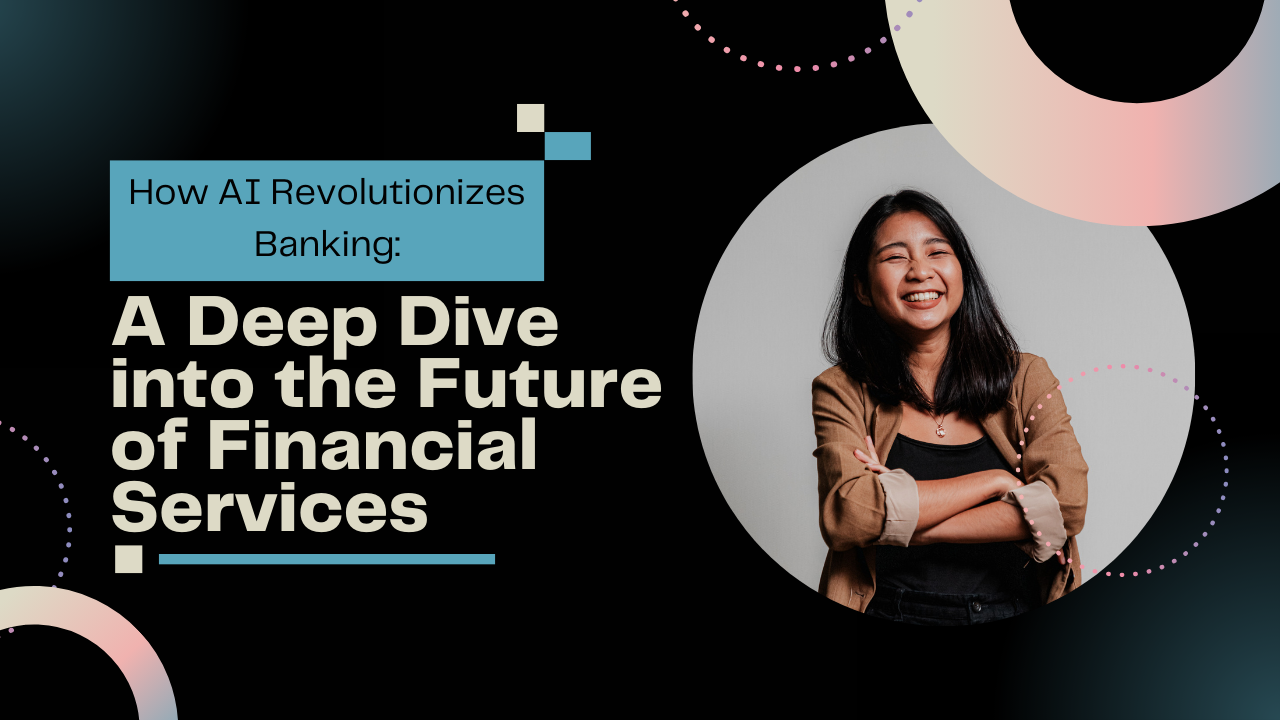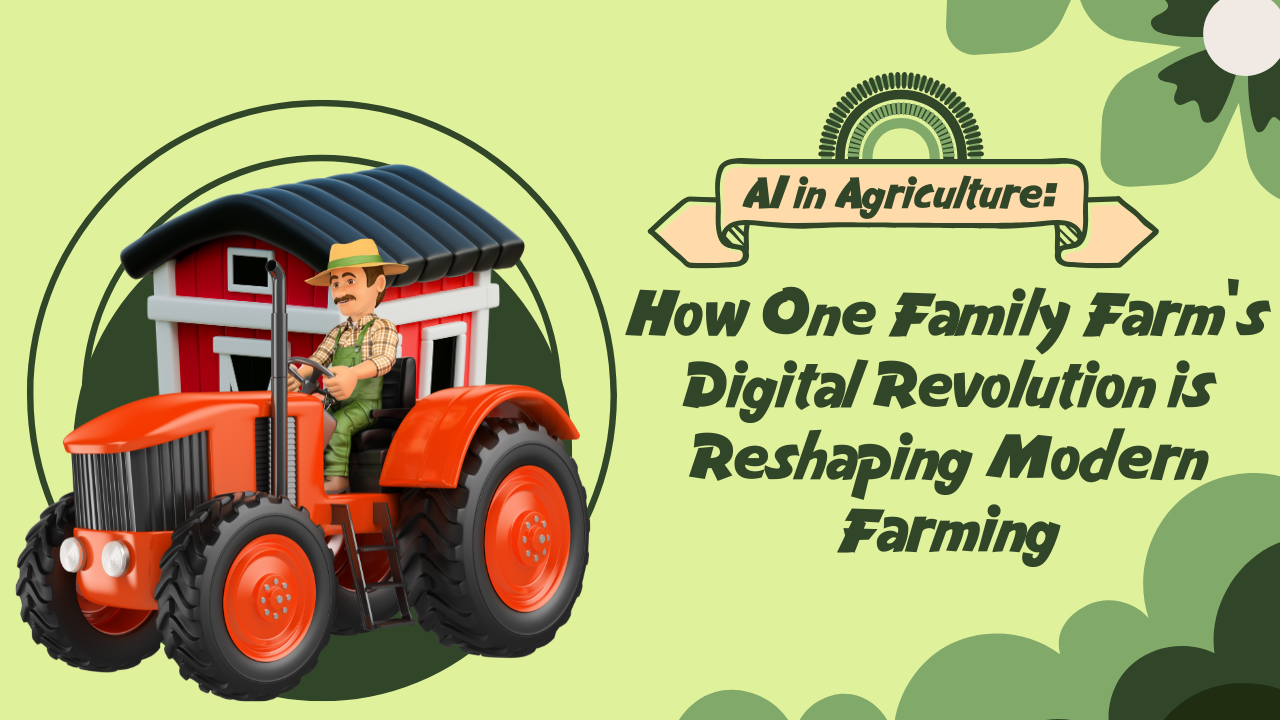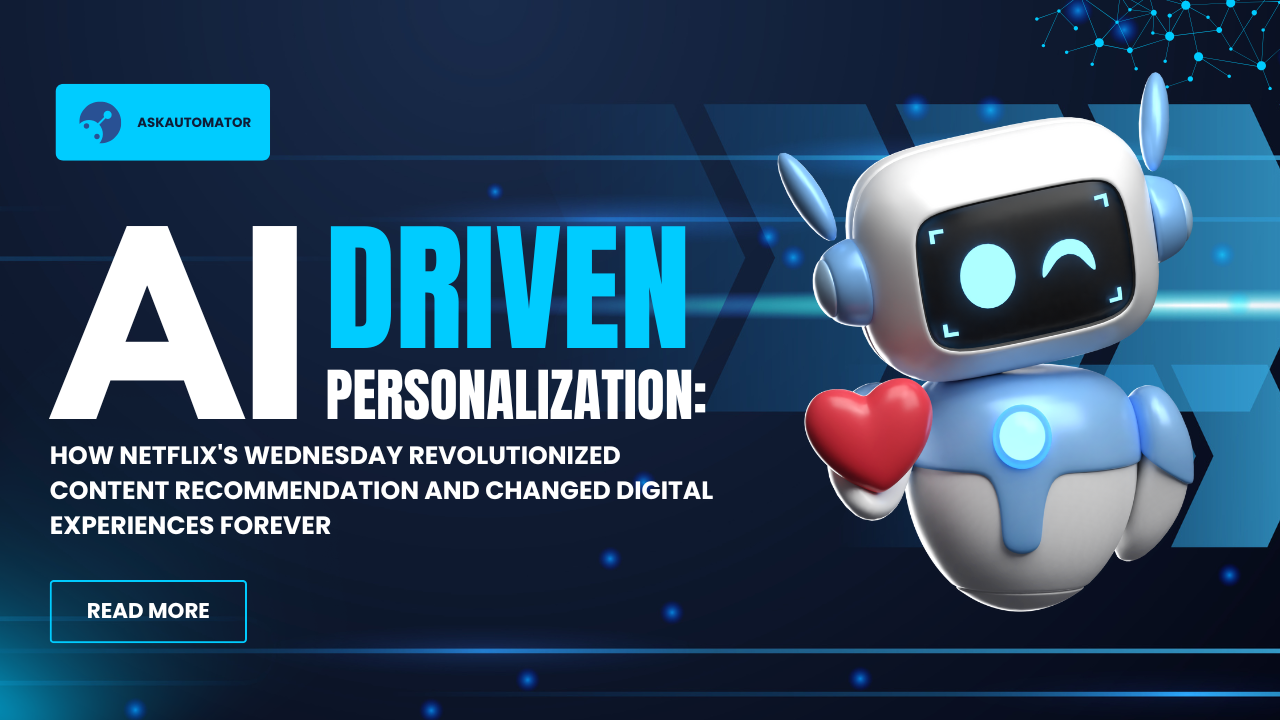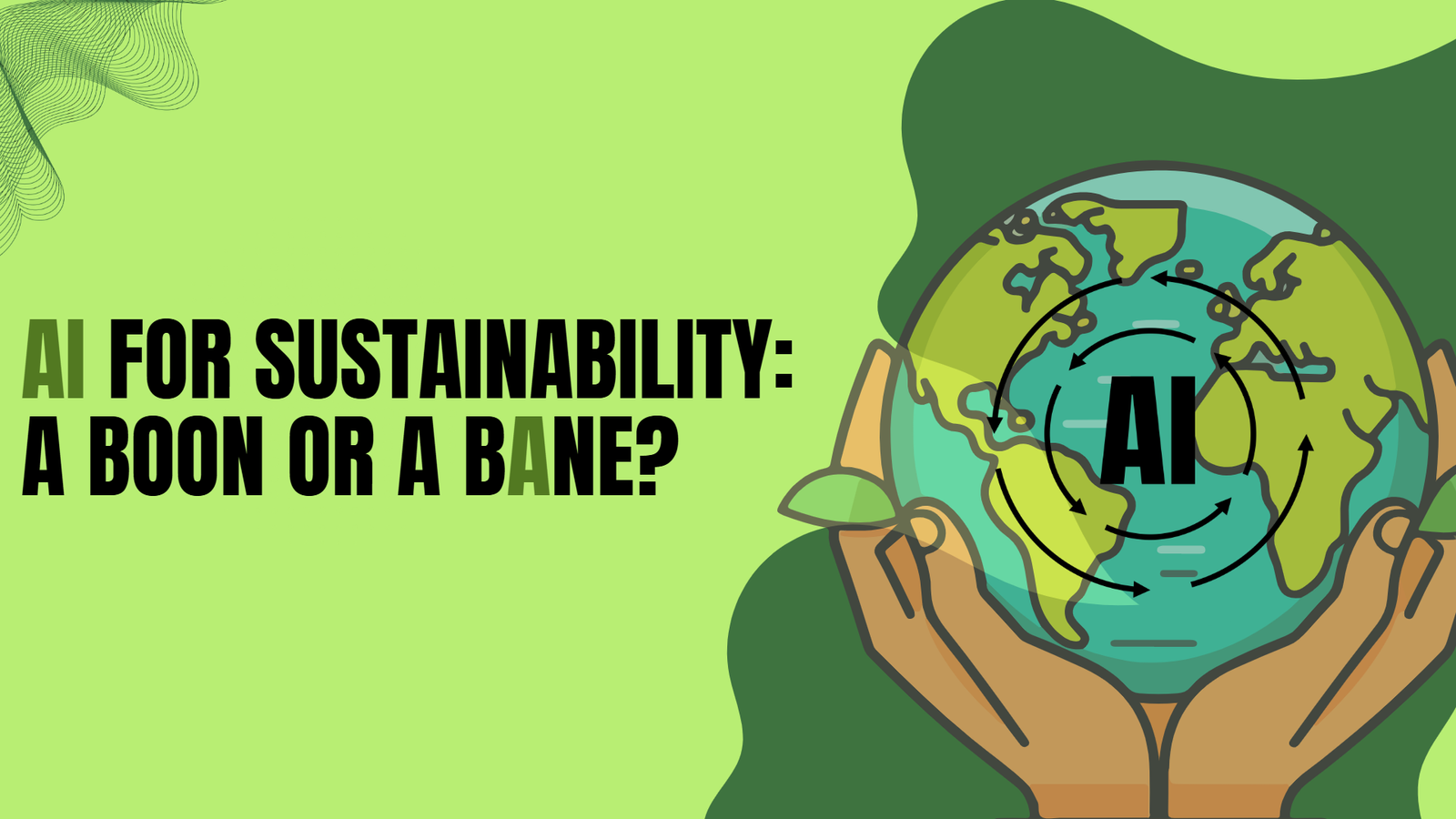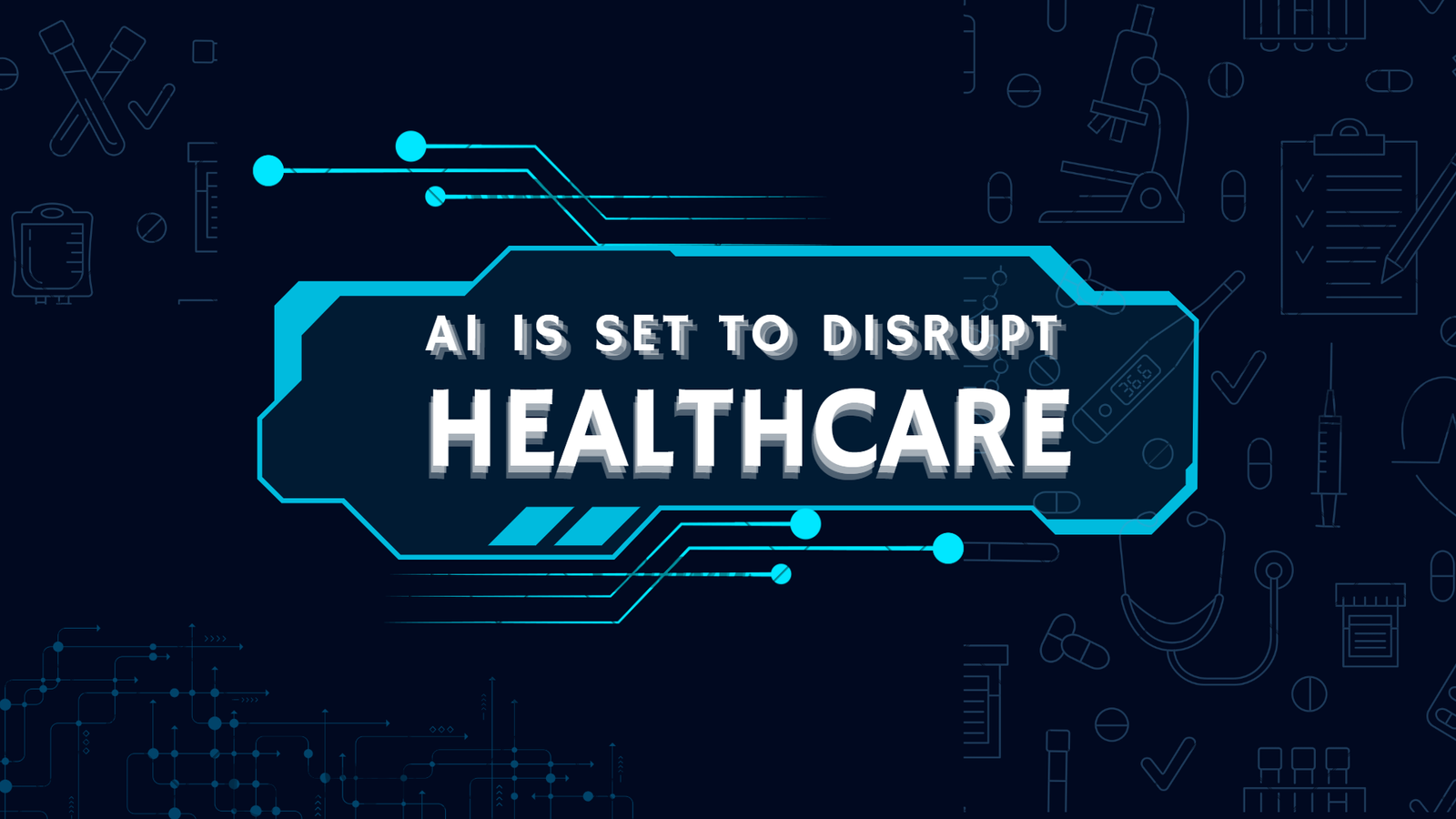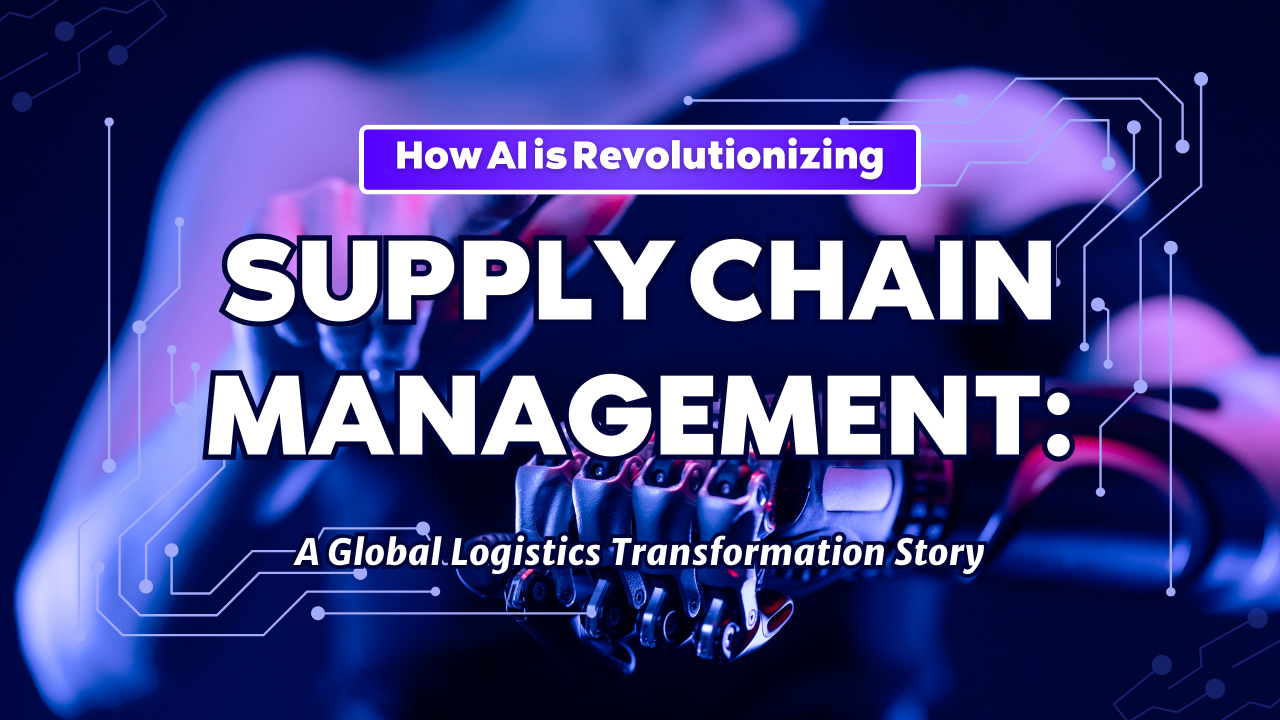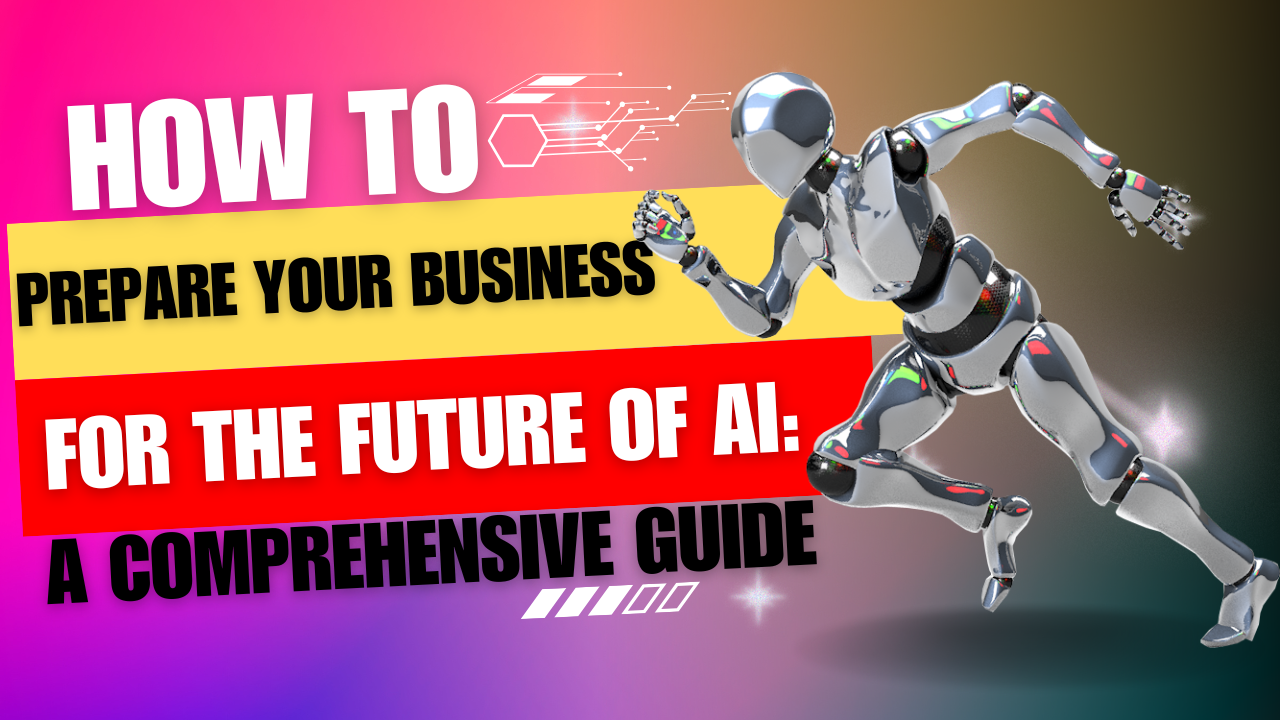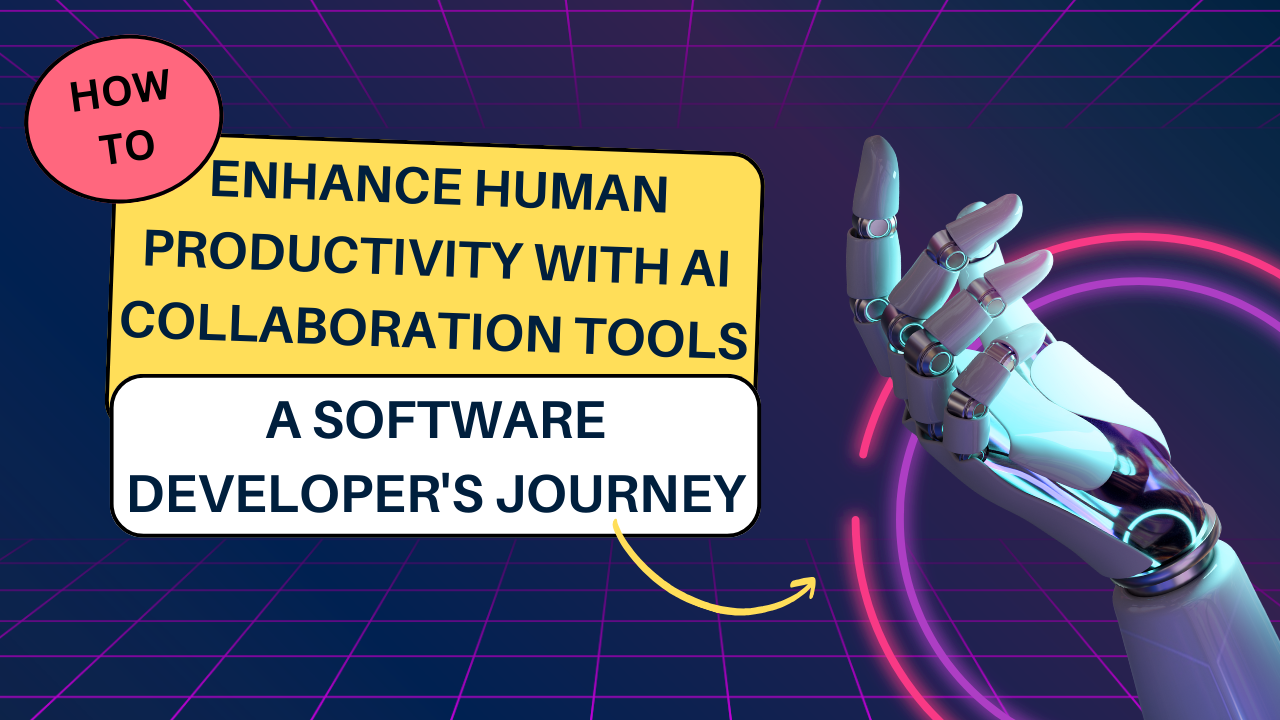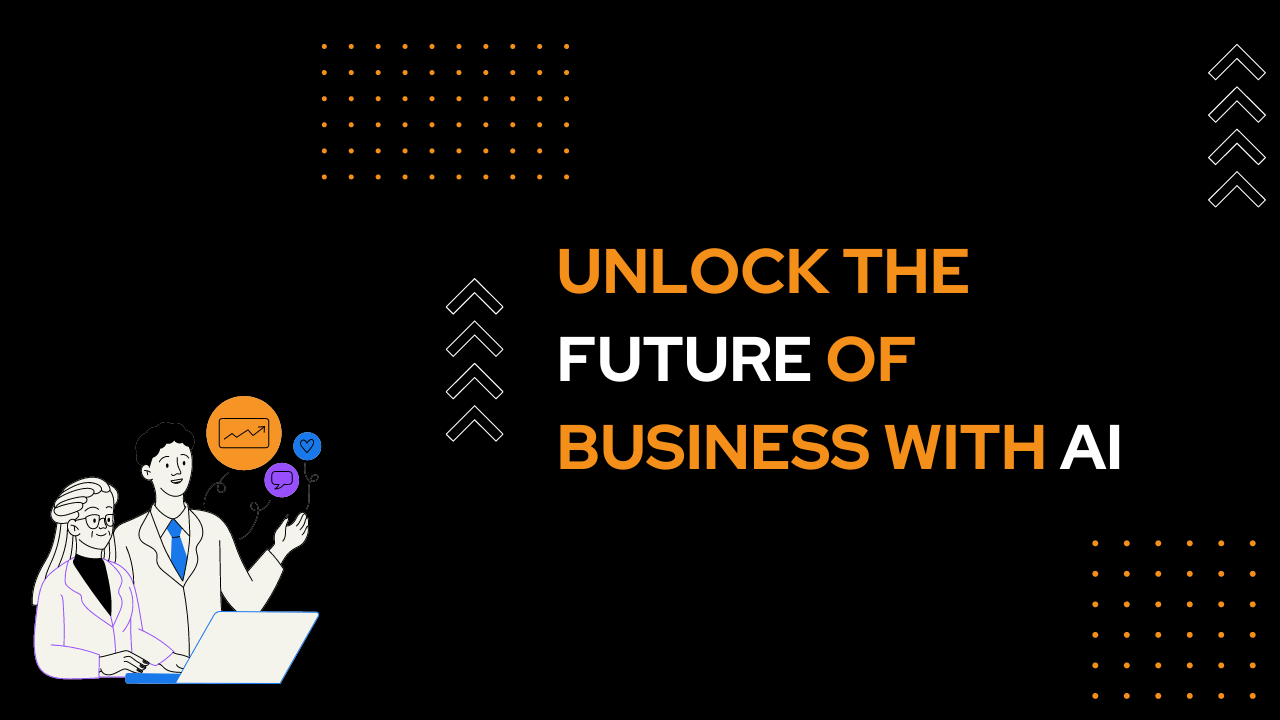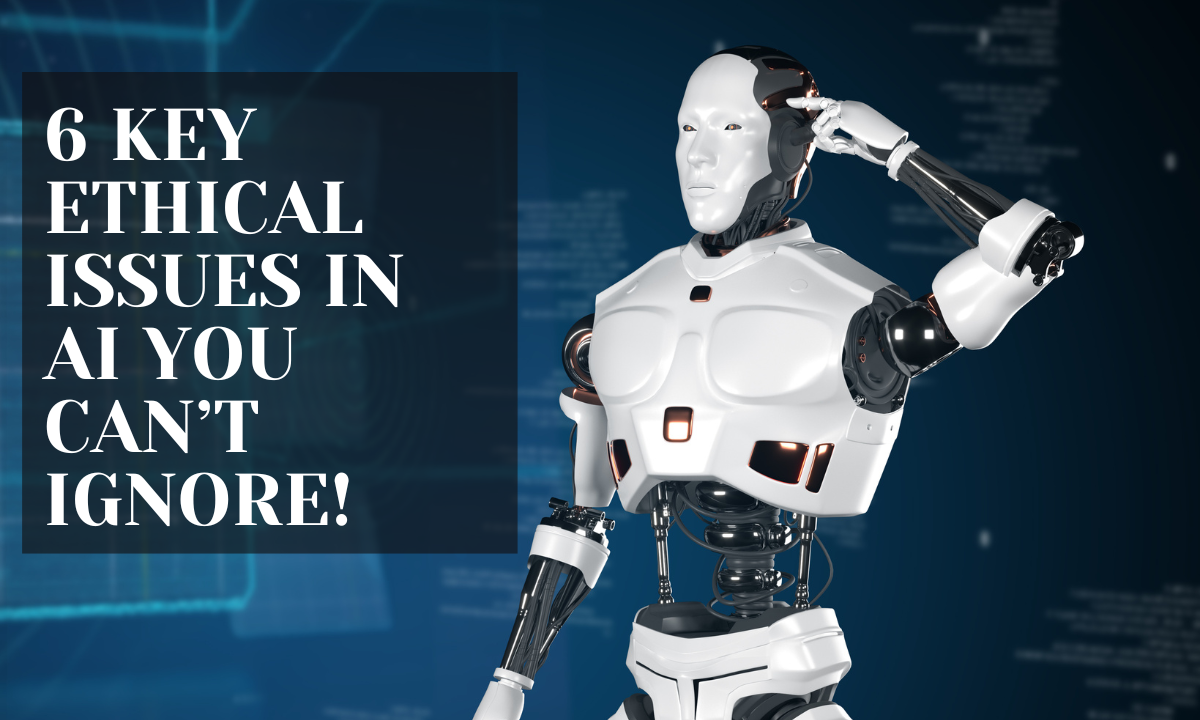In the quiet suburbs of Seattle, 15-year-old Kiara Rodriguez sits at her desk, her eyes illuminated by the soft glow of a personalized artificial intelligence learning platform. It’s 2025, and Kiara’s educational experience is nothing like her parents’ traditional classroom learning. Her story is a microcosm of the global educational transformation happening right before our eyes.
The landscape of education has been dramatically reshaped by technological innovations, with artificial intelligence emerging as the most powerful catalyst for change. Gone are the days of uniform, one-size-fits-all educational approaches. Today’s learning environments are dynamic, adaptive, and increasingly personalized, thanks to groundbreaking machine learning technologies that understand and respond to individual student needs.

The Context of Educational Transformation
Before diving into Kiara’s journey, it’s crucial to understand the broader context of AI in education. For decades, educators and policymakers have grappled with fundamental challenges: how to provide personalized attention in overcrowded classrooms, how to identify and support students with unique learning needs, and how to make education more engaging and effective.
Traditional educational models were inherently limited. A single teacher managing 25-30 students could rarely provide truly individualized instruction. Students like Kiara, with diverse learning styles and unique cognitive strengths, often found themselves lost in standardized curriculums that failed to recognize their potential.

The Personalization Revolution: Learning Tailored to Individual Needs
Kiara’s first encounter with AI-powered education began with an intelligent diagnostic tool that didn’t just test her knowledge—it understood her. Unlike traditional assessments that merely ranked students, this machine learning algorithm created a comprehensive profile of her learning style, strengths, weaknesses, and cognitive patterns.
The personalized learning platform identified that Kiara was a visual and kinesthetic learner who struggled with abstract mathematical concepts but had an extraordinary capacity for spatial reasoning. Traditional teaching would have labeled her as “average” or “struggling,” but AI saw her potential.
Key AI Tools Transforming Personalized Learning
- Adaptive Learning Platforms represent a quantum leap in educational technology. These sophisticated systems do far more than traditional educational software:
- DreamBox Learning offers mathematically intelligent programs that adapt in real-time, providing problems that are precisely calibrated to challenge and engage students at their exact skill level.
- Century Tech uses advanced cognitive science and artificial intelligence to create comprehensive learning experiences that understand and predict student learning patterns.
- Intelligent Tutoring Systems have become increasingly sophisticated, offering nuanced and adaptive support:
- Carnegie Learning integrates cognitive science principles with artificial intelligence to create tutoring experiences that mimic the personalized guidance of a human tutor.
- ALEKS uses advanced knowledge space theory to create a dynamic learning environment that continuously assesses and adapts to a student’s evolving understanding of complex subjects.
Automation in Education: Empowering Teachers, Enhancing Learnins
As Kiara’s AI tutoring system worked its magic, her teachers discovered something remarkable. The automation tools didn’t replace them—they empowered them. Grading, administrative tasks, and routine assessments were now handled by intelligent systems, freeing educators to do what they do best: inspire, mentor, and guide.
Breakthrough Automation Tools: A Detailed Exploration
The automation revolution in education goes far beyond simple task management. These tools represent a fundamental reimagining of educational workflows:
- Gradescope by Turnitin revolutionizes assessment processes by:
- Providing instantaneous, detailed feedback that goes beyond simple grading
- Identifying common student misconceptions across entire classes
- Allowing teachers to spend more time on strategic educational interventions

- Speechify transforms accessibility in education by:
- Converting text to speech with remarkable natural language processing
- Supporting students with diverse learning needs, including those with reading difficulties
- Enabling multi-modal learning experiences that cater to different sensory preferences
- Quizlet reimagines study materials through:
- Intelligent content generation based on student performance
- Adaptive practice tests that adjust difficulty in real-time
- Community-driven learning resources that leverage collective knowledge
Emerging Technologies: Beyond Traditional Learning Boundaries
Kiara’s immersive learning experience expanded beyond traditional classroom walls. Virtual reality (VR) and augmented reality (AR) transformed abstract concepts into interactive experiences.
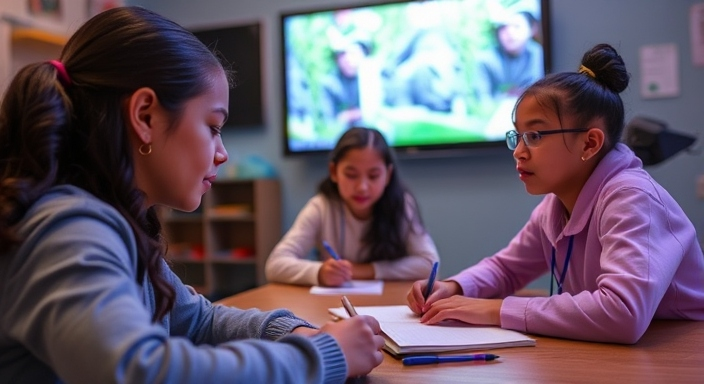
Technological Frontiers in Education
- Virtual and Augmented Reality Learning:
- zSpace creates interactive 3D learning experiences that allow students to manipulate virtual objects, making complex scientific and mathematical concepts tangible and engaging.
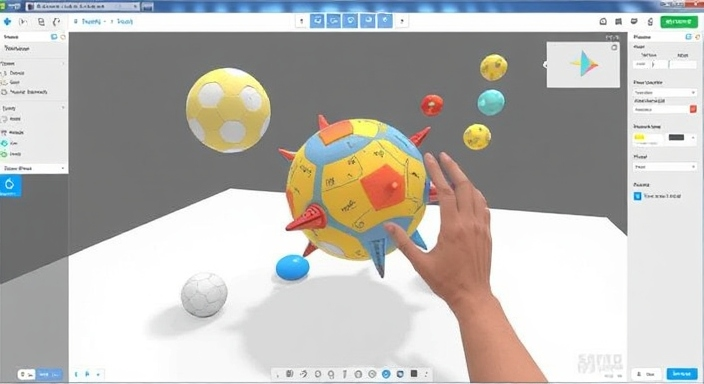
- AI-Powered Language Learning Platforms:
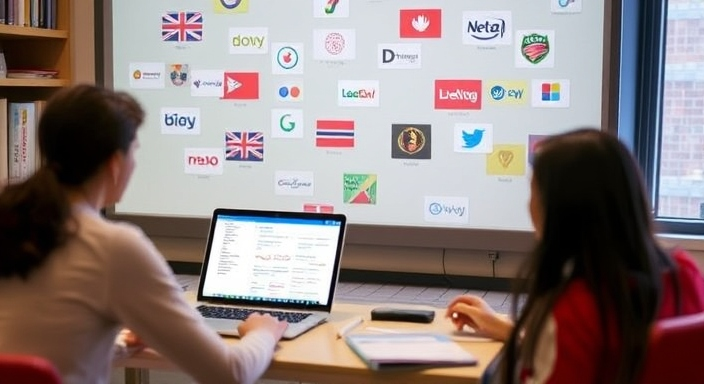
Ethical Considerations: Balancing Technology and Human Touch
As Kiara’s educational journey demonstrated the power of AI in education, important ethical questions emerged. How do we ensure data privacy? Can technology truly replace human connection?
Ethical AI Implementation Strategies
- Transparent Data Usage:
- Implementing clear, comprehensive policies about how student data is collected, used, and protected
- Providing students and parents with complete visibility into AI-driven educational technologies
- Establishing strict protocols for data anonymization and secure storage
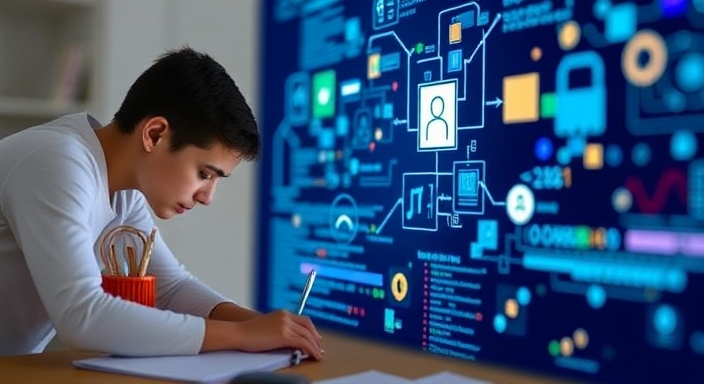
- Human-Centric AI Development:
- Designing AI systems that complement human educators rather than attempting to replace them
- Continuous human oversight and ethical review of AI algorithms
- Regular audits to ensure AI systems promote inclusive and equitable learning experiences
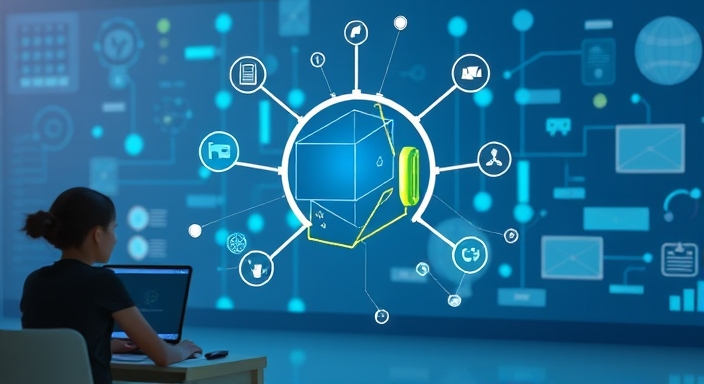
The Future of Learning: Predictive and Proactive Education
Kiara’s predictive learning analytics didn’t just react to her current performance—they anticipated her future needs. By analyzing patterns, the system could suggest advanced courses, potential career paths, and skill development strategies.
Global Impact and Democratization of Education
AI educational technologies are breaking down traditional barriers to education:
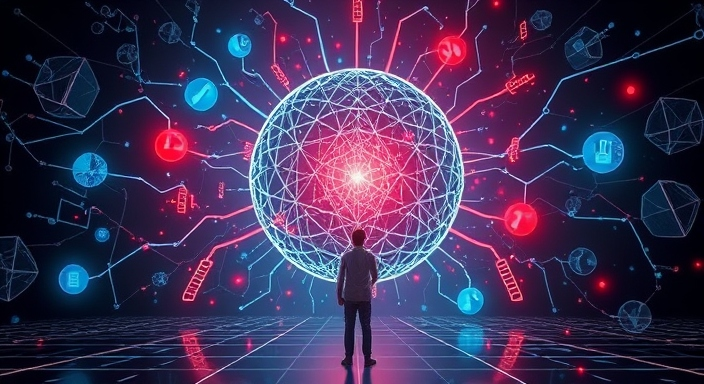
- Accessibility Improvements:
- Providing high-quality educational resources to students in remote or underserved regions
- Supporting learners with disabilities through adaptive technologies
- Creating low-cost, scalable learning solutions that can reach millions
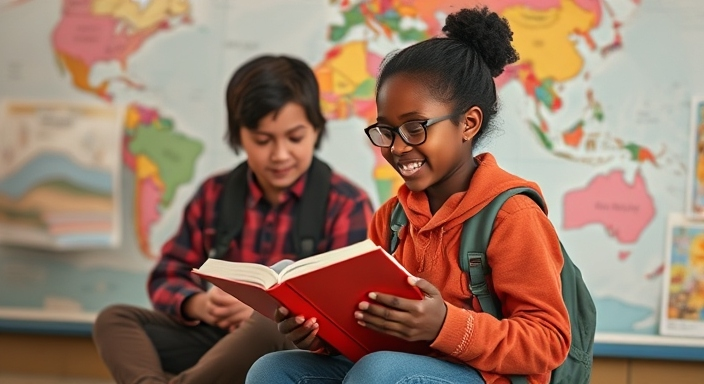
- Global Learning Initiatives:
- UNESCO’s AI for education programs promoting technological integration
- Microsoft’s global adaptive learning initiatives
- Google’s educational technology grants supporting innovative learning solutions
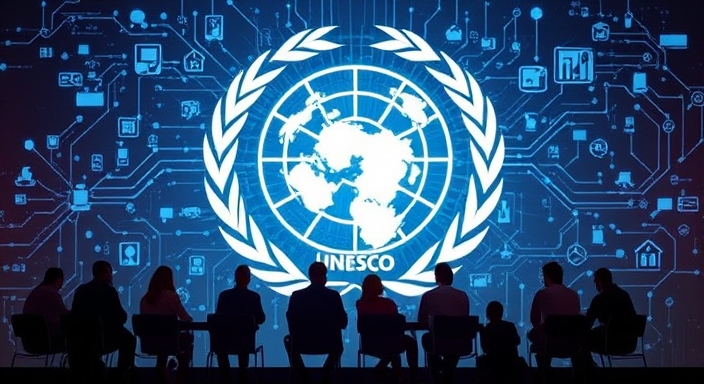
Conclusion: Kiara’s Transformation and the Learning Revolution
As Kiara prepared for her final high school exams, she reflected on her journey. The artificial intelligence systems that once seemed like distant technology were now her trusted learning companions.
Her story represents a broader narrative of educational transformation—a future where technology doesn’t replace human potential but amplifies it. AI in education is not about creating a perfect, algorithmic learning experience, but about understanding and supporting the unique learning journey of each student.
Key Reflections
- Artificial intelligence is a powerful catalyst for personalized, adaptive learning
- Technology should empower and support human educators, not replace them
- Ethical implementation and continuous refinement are crucial
- Education is becoming an adaptive, lifelong, and deeply personalized journey
Kiara Rodriguez represents a generation of learners who will shape the future—powered by technology, guided by human wisdom, and driven by an unprecedented capacity for personalized growth.

